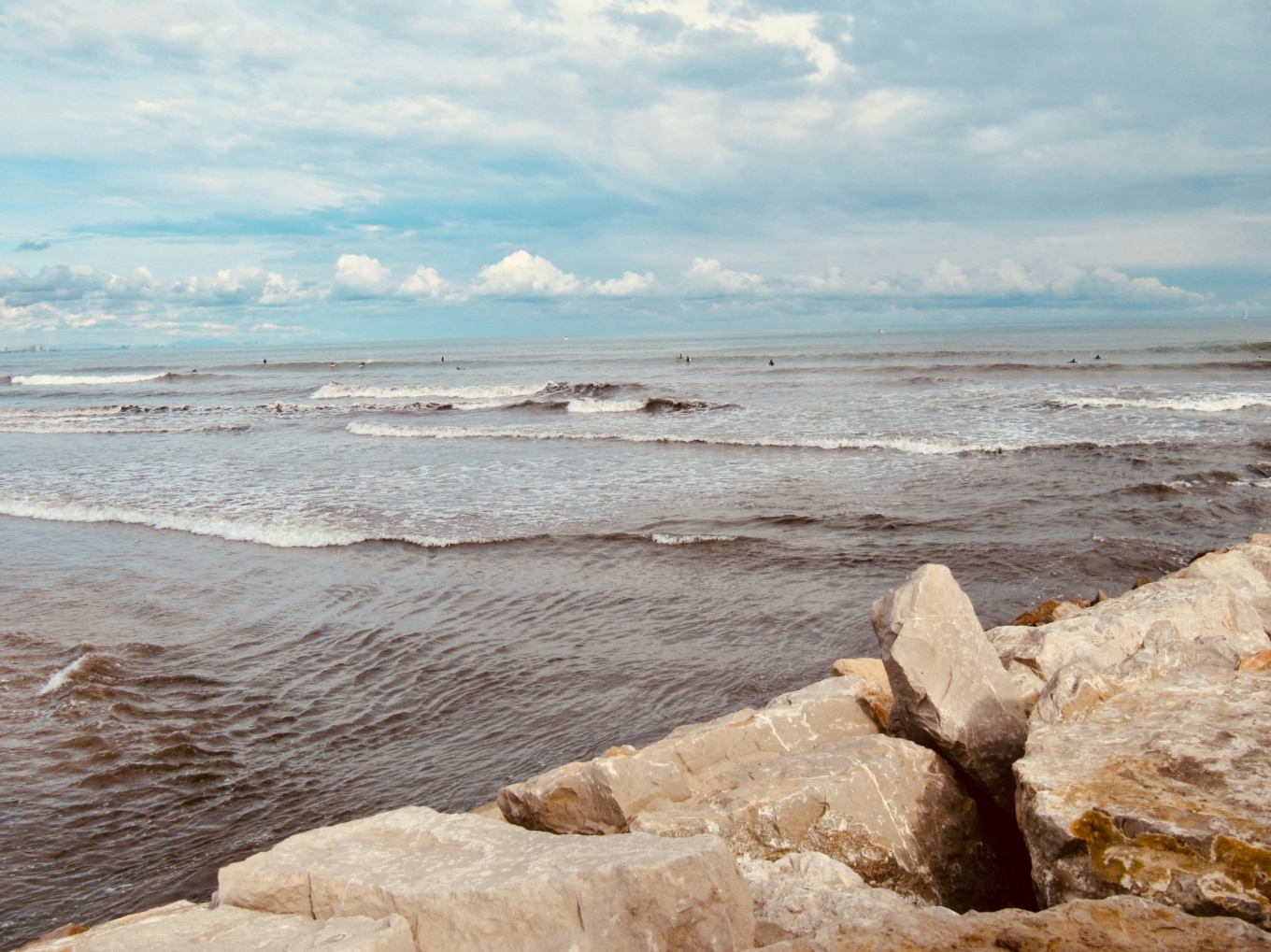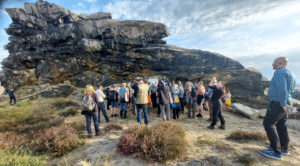INQUA 2502 sy: Workshop on Holocene relative sea-level change in the Southern Hemisphere (WHoRLS)
The single-year project WHoRLS supports the organisation of a workshop aimed at advancing research on Holocene sea-level changes in the Southern Hemisphere.
Abstract
The workshop will bring together about 20 participants, including leading scientists, early career researchers, and postgraduates, to address the Northern Hemisphere (specifically North Atlantic) bias in global sea-level data. A central focus will be on high-resolution techniques for measuring vertical and temporal sea-level variations.
Scheduled for December 2025 or January 2026 in Cananéia, Brazil, the workshop will feature two days of presentations and discussions, followed by a field trip to examine coastal indicators of past sea levels. The event emphasises equity, diversity, and inclusion, with participants spanning career stages and including a strong representation from developing nations.
Objectives:
- To gather researchers based in and focused on the Southern Hemisphere to exchange knowledge, present recent findings, and build a collaborative network;
- Serve as a platform for showcasing new sea-level records, methodological innovations, and numerical modeling outcomes, encouraging interdisciplinary collaboration and the sharing of expertise.
Project leaders:
-
Ed Garrett – University of York, York, UK
-
Paulo Giannini – University of São Paulo, São Paulo, Brazil





